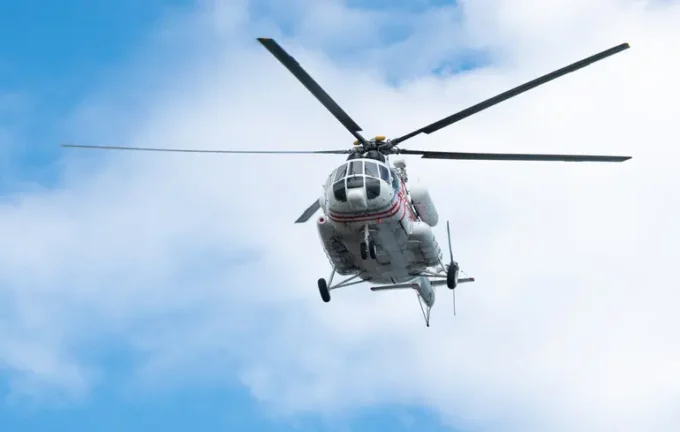SBU fighters strike Russian helicopters in Crimea: three helicopters destroyed at Kirovskoe airfield

On the night of Saturday, June 28, Ukrainian special forces conducted a successful operation on Ukrainian territory temporarily occupied by the Russians. According to the press service of the Security Service of Ukraine, as part of the drone attack, Ukrainian special forces fighters targeted the Kirovskoe military airfield in Crimea, a territory under Russian control since 2014. As a result of the special operation, several key Russian military helicopters were destroyed, including attack and multi-purpose vehicles: Mi-28, Mi-8 and Mi-26. According to preliminary data, the operation was carefully planned and carried out using high-tech drones, which allowed them to evade Russian air defense and achieve maximum results. The press service emphasizes that they acted with maximum precision in order to inflict maximum damage on the enemy and weaken its military presence in the region. This attack came as quite a surprise to the Russian occupation forces, who were unexpectedly forced to acknowledge the loss of several important combat vehicles. As a result, the Russian military temporarily suspended flights at this airfield, and local sources report increased tension among the occupation forces and numerous measures to strengthen the security of the facility. With this strike, Ukraine once again confirmed its ability to act effectively in the occupied territories and demonstrates its determination to fight for the return of Russian-controlled lands. The operation at the Kirovskoe airfield is a vivid example of the forceful measures that Ukrainian special services use to reduce the enemy's military power and protect its citizens. Overall, this incident once again reminds us of the high tension in the region and Ukraine's continued desire to reduce the military presence and capabilities of the Russian aggressors in the temporarily occupied part of the Crimean Peninsula. The plans of the Ukrainian military and intelligence services clearly include the prospect of continuing such operations and maintaining pressure on the Russian military infrastructure in this strategically important region.

